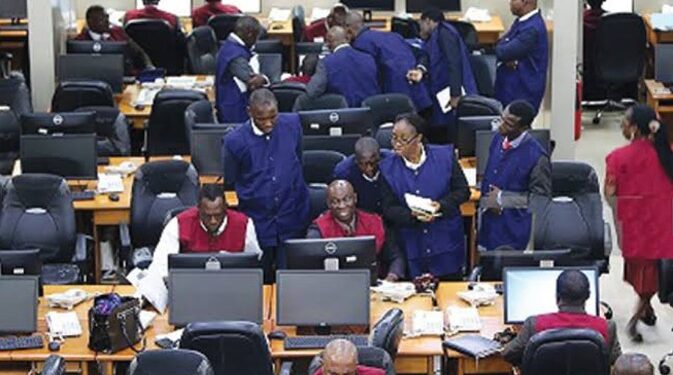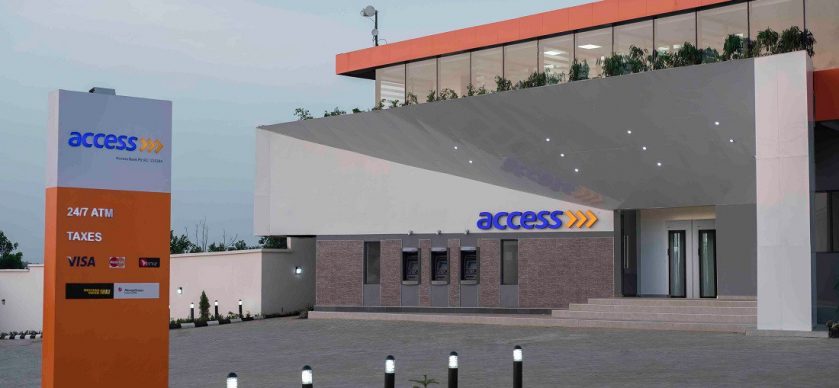The Entrepreneur Circle
Nigeria’s Startup Funding Target Faces Setback

Nigeria’s goal of attracting $5 billion in startup funding by 2027 is beginning to look unlikely as investment inflows continue to shrink.
The target, announced by Minister of Communications, Innovation, and Digital Economy Dr. Bosun Tijani in 2023, was based on the assumption that funding would grow by 50% annually from the $1.2 billion raised in 2022. However, current trends suggest a different outcome.
By the end of 2023, startup funding dropped sharply to around $400 million, pushing Nigeria down to fourth place in Africa. The funding remained stagnant in 2024, and only about $100 million was raised in the first quarter of 2025, far below the levels needed to meet the 2027 target.
Industry experts point to a mix of global economic shifts and domestic challenges. Global capital is becoming more selective, with investors shifting toward sectors like artificial intelligence, cybersecurity, and automation.
Jega Mohammed, founder of Startup Arewa, noted that venture capital is now chasing emerging tech trends, leaving traditional startups with fewer options. Kennedy Ekezie, CEO of Kippa, said that raising funds has become tougher across the board, and Nigerian startups may need to turn more to local sources for support.
Beyond funding, startups are also navigating policy uncertainties. A report by Startup Graveyard identified lack of capital as the leading cause of startup failures in 2023 and 2024 but also cited regulatory instability in Nigeria as a key obstacle.
Unreliable infrastructure, sudden policy changes, and new levies—such as those introduced by the Central Bank of Nigeria—have disrupted business models, particularly for fintech companies.
Government’s Response
To address these issues, the government is relying on the Nigeria Startup Act, signed into law in 2022. The Act aims to unlock local capital and create a more innovation-friendly environment.
So far, 75 startups have been officially recognised under the Act through a labelling process. The Office for Nigeria Digital Innovation (ONDI) is also managing a $40 million Startup Investment Seed Fund, with $20 million already secured from Japan’s JICA and a matching contribution expected from the Nigeria Sovereign Investment Authority.
Additionally, a Startup Consultative Forum has been launched to facilitate collaboration, shape policies, and share critical information across the ecosystem.



